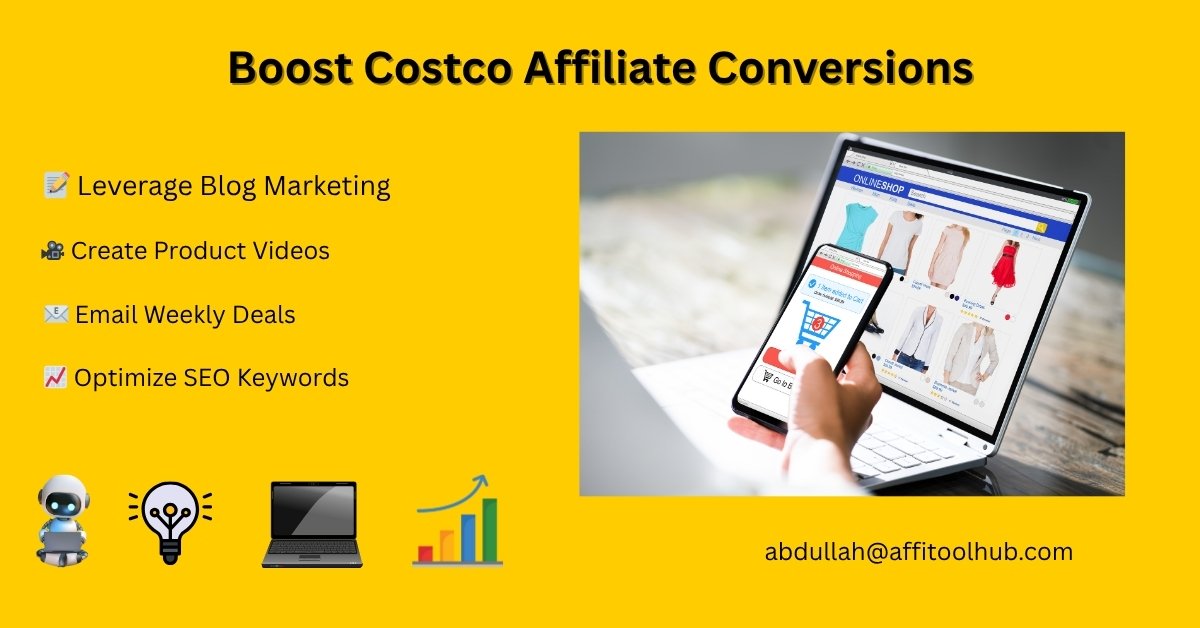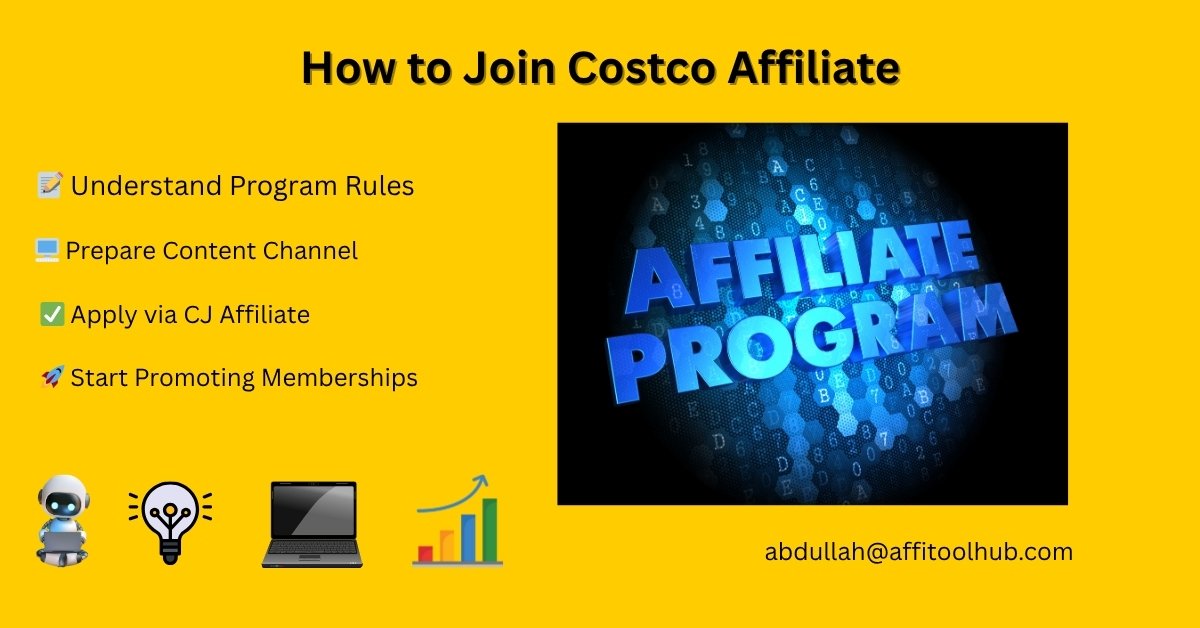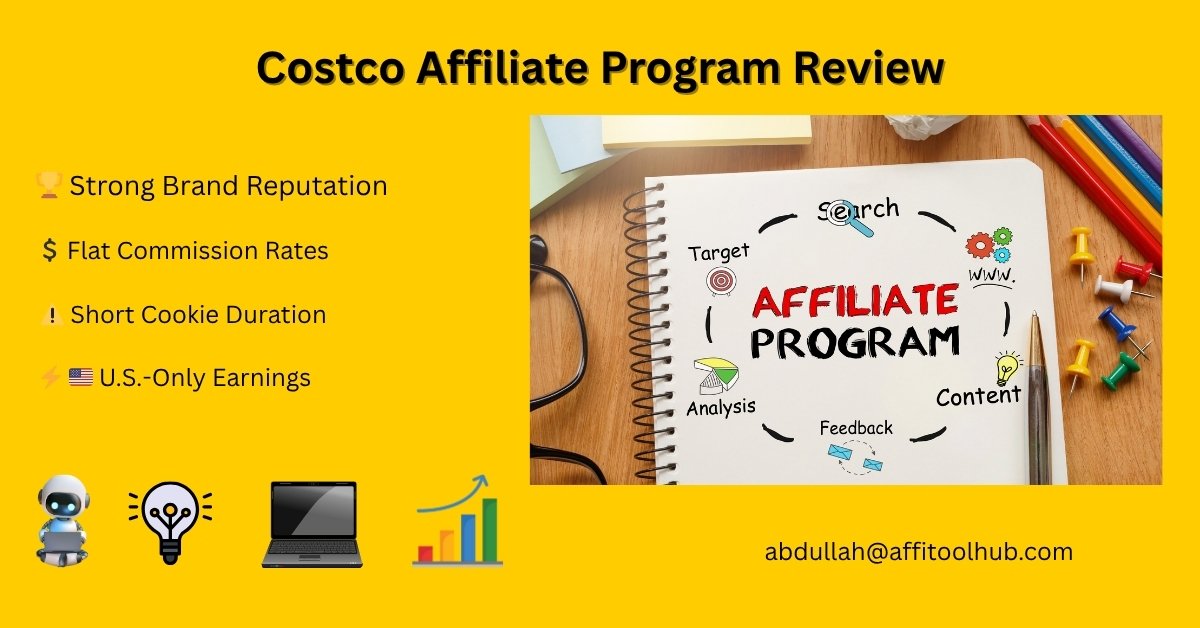If you’ve ever confused affiliated industries vs partner programs, you’re not alone. When marketers see the words “affiliate,” “partner,” and “industry” close together, they often think they mean the same thing. But it’s very important for anyone who wants to build a serious affiliate marketing strategy to know the difference. In this article, we’ll clear up the confusion between affiliated industries vs partner programs. We’ll explain why each idea is important on its own and show you how knowing the difference can help you find new ways to make money.
Before we get started, you might want to read our main guide, Affiliated Industries Explained, again. It gives a detailed look at the ecosystem that this article is based on.
What Are Affiliated Industries?
An affiliated industry is a group of businesses that work together because they have the same customers, offer complementary products, or solve similar problems. They are connected in a strategic way, not a legal one. For example, the SaaS world and the digital marketing world often overlap because people who use customer relationship software almost always need analytics, content scheduling, or SEO tools. Fitness tech also has a natural fit with the nutrition industry, as many athletes who track their workouts also track their macros.
The main point is that an affiliated industry is a long-term market relationship based on customer needs, brand authority, and topical relevance.
What Are Partner Programs?
A partner program, on the other hand, is a formal, tactical agreement in which one company gives affiliates, resellers, agencies, or white-label partners a clear way to promote its product or service in exchange for a clear incentive, usually a commission or revenue share. Companies have partner programs that include dashboards, referral links, payout schedules, and rules for how to work with them. Whether it is Amazon Associates, HubSpot’s Solutions Partner Program, or Shopify’s Affiliate Program, the framework is consistent and measurable.
They are the mechanisms that transform broad alignment into trackable results, as partner programs concentrate on revenue and execution.
Key Differences Between Affiliate Industries vs Partner Programs
Strategic Landscape vs Tactical Tool
Affiliated industries work on a strategic level. They change the way you think about gathering content, building a website, and getting more people to visit. At the tactical level, partner programs are. They give you the links, dashboards, and commission structures you need to put your strategy into action.
Ecosystem vs Offer
An affiliated industry is like a living ecosystem, with many brands, publishers, and audiences all going in the same direction. A partner program is a set offer within that ecosystem that shows how a single brand can work with others.
Market Alignment vs Revenue Mechanics
Industries collaborate because their audiences overlap; partner programs exist to capture and share revenue. You could write about personal finance and review budgeting apps (which is in line with your industry) without having to join any specific program. If you join Mint’s or YNAB’s affiliate program, you can make money from that alignment.
Where the Two Concepts Overlap
The best affiliate marketers often work in both areas at the same time. Picture a freelance writer who also runs a blog about their work. Freelancing is at the crossroads of many related fields, such as accounting software, productivity tools, contract generators, and even wellness subscriptions. The blogger writes about these fields in general, which gives them authority on the subject. When readers say they want to buy something, the blogger sends them to specific partner programs, each with its own dashboard and payout terms. The strategy (industries) and execution (programs) are seamlessly integrated in a single funnel.
Why Understanding the Difference Matters
Smarter Niche Selection
Separating strategy from mechanics is beneficial in preventing tunnel vision. You can plan content for the whole buyer journey in an industry cluster, not just one partner program.
Clearer Content Mapping
You can make pillar pages, supporting articles, and comparison content that naturally links to each other when you know which topics are good for which industries. This will help both SEO and the user experience.
Optimized Revenue Mix
Knowing about more than one industry lets you offer more programs, keep commission rates fair, and rely less on any one network. If one program changes its terms, your revenue stream remains stable.
Higher Authority and Trust
Readers can tell when your suggestions are a complete answer instead of just a bunch of links. Covering a wide range of topics in an industry related to your own and then showing the right partner program at the right time builds trust.
How Affitoolhub Helps You Navigate Both Worlds
Affitoolhub was made to help marketers find the tools and programs that work best for their mix of industries. You can narrow down software on our site by use case, read side-by-side comparisons, and find partner programs that have been checked out and are right for your audience. Whether you want to expand your presence in an existing niche or venture into a new sector, our reviews and guides make decision-making easier so you can act without second-guessing.
Conclusion
Affiliated industries set the stage for strategy, and partner programs carry out the plan. You can get the most out of modern affiliate marketing by respecting the differences and using both. You can broaden your view, plan your content, and meet your audience’s needs in a more complete way by using industries. Use partner programs to turn that vision into sales that can be tracked and money that comes in every month.
Are you ready to make a set of tools that will help every link in your industry network? Start looking through the resources that are waiting for you at Affitoolhub.
Frequently Asked Questions
What is the difference between affiliated industries and partner programs?
Affiliated industries are those that work together because they serve the same customers or solve similar problems. On the other hand, partner programs are formal agreements that companies make with affiliates or resellers. These agreements usually include commissions and tracking of performance. One talks about a market relationship, and the other talks about a way to make money.
Can you work in an affiliated industry without joining a partner program?
Certainly, it is possible to generate content and establish authority within an affiliated industry without engaging in a particular partner program. But joining a relevant program can help you make money off of that traffic and turn your content into steady income.
Do partner programs only exist within the same industry?
No, partner programs often go beyond a company's own industry. For instance, a graphic design tool might have affiliate links with productivity bloggers or freelance marketplaces, which are both areas that have users but are not in the same industry.
Why is it important to understand the difference in affiliate marketing?
You can make a better affiliate strategy if you know the difference. Affiliated industries influence your niche and content direction, whereas partner programs dictate your monetization strategies. You can better serve your audience and grow more steadily by using both.
Where can I find affiliate tools and partner programs by industry?
It is possible to investigate affiliate tools that are industry-specific and identify dependable partner programs by utilizing Affitoolhub. It's a curated platform that helps marketers find the right tools and programs for their niche strategy.




